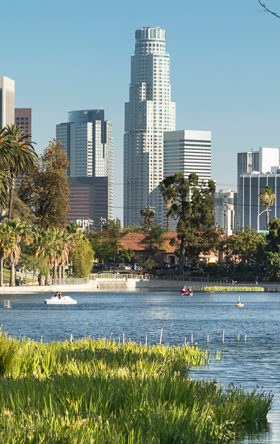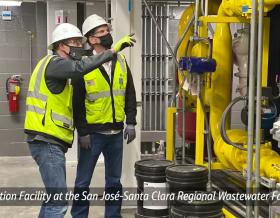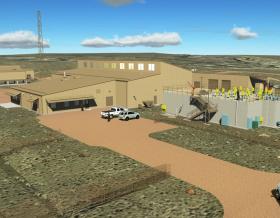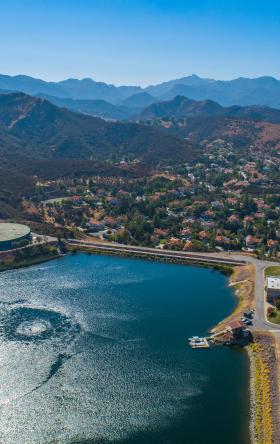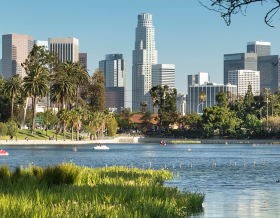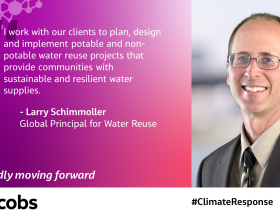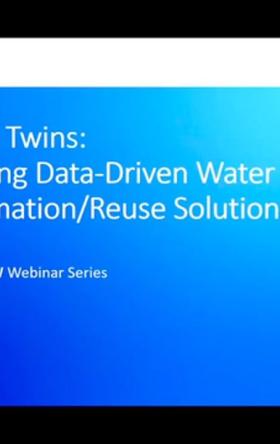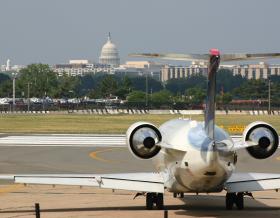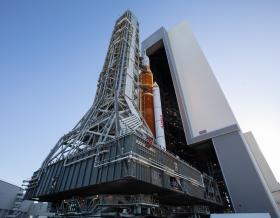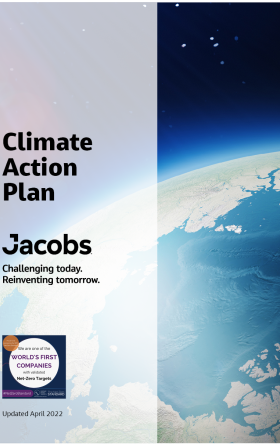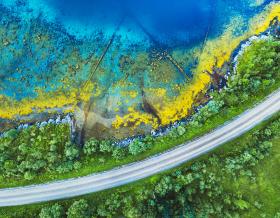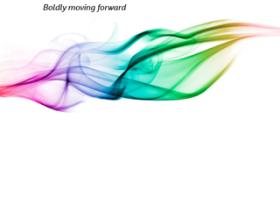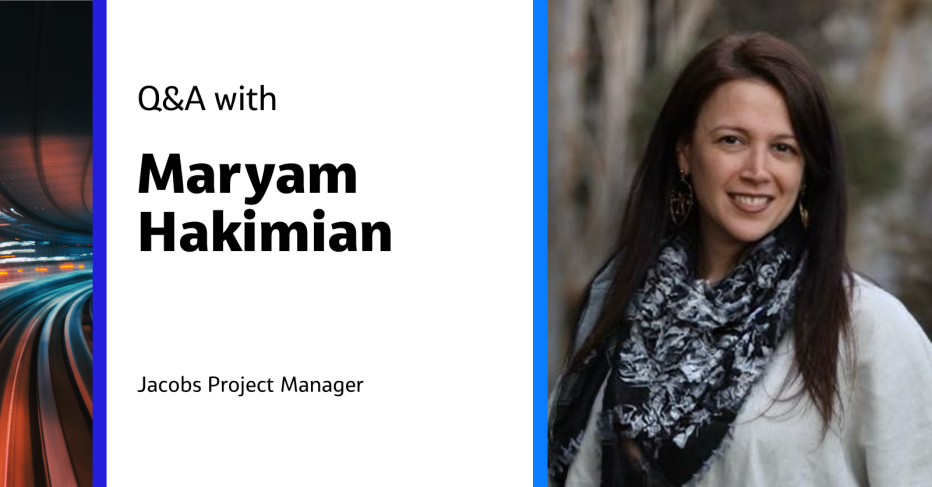
Public transportation systems, valued as some of the most equitable and sustainable modes of transportation, connect communities and help stimulate economic development.
Expanding these complex systems and adding more advanced solutions, such as high-speed rail, to meet public demand can be an intricate, high-intensity ride. Whether the journey includes keeping pace with capacity building and accelerating technology innovations, ensuring safety and security or maintaining transport networks, Jacobs is on board to serve all aspects of high‐speed and conventional passenger rail, freight and logistics, mass/public transit and innovative bus solutions.
We’re a globally recognized leader in the safe and efficient delivery of rail and transit solutions – from planning, design and development to delivery and management.
In this Q&A, we connect with one of our more than 1,500 global rail & transit teammates, Project Manager Maryam Hakimian, to discuss how unique backgrounds shape impactful solutions and what she sees shaping the rail & transit industry of tomorrow.
Tell us a bit about what a day in the life is like as a transportation project manager.
Transportation projects are generally large-scale projects with many internal and external stakeholders. My day begins with reviewing my to-do-list and completing a quick assessment of my daily meetings and priorities. In truth, each day is a delicate dance to move from one subject to the other, while making sure I can be responsive to our clients and my Jacobs teammates. Success is all about being nimble and adaptable as I often need to shift gears. Each day requires managing conflicting priorities and keeping our team motivated. In these projects, the lines between client and consultants become blurred, as you need to work together as one blended team to succeed. My daily work life has shifted from an emphasis on separate client and consultant teams to one holistic and inclusive project team.
As more people move into cities, mobility options become even more critical. Where do you see the rail & transit industry heading?
For my whole life, I’ve lived in large and bustling cities within three countries. Mobility options have always been a hot topic and – of course – a concern. Time spent in long, daily commutes is a direct loss of our individual assets. The expansion of road systems to serve single drivers in personal vehicles is not money well spent. Rail, transit and high-capacity transportation systems are the only answer – providing safer, more sustainable options that are accessible for all.
That said, working on two transit projects in two different countries, I’ve seen firsthand how a project’s timing influences the end results. Introducing a large transit project in a fully-developed area is more challenging and time consuming, but if transit projects and the necessary infrastructure can be accounted for as cities grow, that would help keep costs down and serve the public before daily transit commutes become too inconvenient and challenging.
How do you help clients think differently to respond to future challenges?
In my role as a consultant, I work with our clients to solve their biggest challenges by looking back at lessons learned and previous successful strategies that have solved similar challenges; including what I learned throughout my career or qualitative analysis that my team can share with me. Coming to the right solution also relies on gathering facts as accurately as possible about the challenges ahead, whether that is developing an alternative concept with less impact on existing infrastructure or gathering data to support the feasibility of the proposed solution. Ultimately, delivering for our clients means organizing a team who can collaborate to efficiently find and deliver solutions that positively impact the communities where we live, work and play.
Is there a project you're particularly proud of?
I’ve worked on large and complex projects throughout my career but what is most notable is my first transportation project in U.S. I was fortunate enough to join the team in the planning phase for a federally-funded project to bring high-capacity transit to one of the busiest metropolitan areas in the U.S.. I was part of an inspiring process where the team explored many alternatives, constantly and critically evaluated options, identified impacts and provided facts and context to empower our clients during the critical decision-making process.
Being an engineer by training, I was challenged to look at any subject in a multi-dimensional space where physical constraints are not the only dimensions. Being on this project taught me a lot about the social, cultural and historical components of the state and the city my family and I chose to call home. What we have achieved in the last seven years on this project is a direct result of a robust collaboration between all parties involved and I’m proud to be part of such a thoughtful and positively impactful project.
How has your background shaped how you approach what you do?
I’m a transportation project manager on weekdays, who teaches dance-based workouts at the local gym on weekends. I’m an immigrant and although I have lived most of my adult life outside of my country, I still carry a lot of social and moral principles that were instilled in me during childhood. English is my second language; I have an accent and anyone talking to me should know that I think and translate in two languages at all times. I’m a woman who chose to study and work in a traditionally male-dominated industry.
So, not many things about me are considered typical, which gives me a unique perspective I bring to the solutions I deliver and the projects I work on. I’ve had to reset my career every time I moved countries, so I understand and appreciate that I can always learn more. Therefore, I constantly question the accepted, which often results in meaningful discussions and stronger results. Because I am bilingual, when engaging in a discussion, I tend to rephrase what I hear another person saying to confirm I understand before outlining a solution. This has earned me my team’s recognition as being an effective communicator and a strong coordinator.
Delivering unique solutions for the world we live in today depends on all of us and the unique perspectives we bring.
What do you enjoy most about being part of #OurJacobs?
Our team at Jacobs has been the place and the crowd who always made me feel safe, where I can be my expressive self without shame, fear or hesitation; where I am evaluated based on my skills, capabilities and hard work; and where I am not brought down or raised up because of my background. Inclusion and diversity is not a prescribed trend in Jacobs, it is woven into its fabric.
Beyond my immediate group and project team, I also enjoy connecting with a larger circle of colleagues by joining the OneWorld Jacobs Employee Network.
With the support of OneWorld, and together with friends from my home country, we have hosted annual cultural events when we shared our traditional food and treats. I am happy to have found a home and work family at Jacobs.
About the interviewee
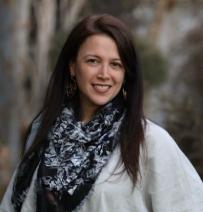
A civil engineer by training, Maryam Hakimian is a Senior Project Manager on Jacobs’ Rail & Transit team based in Seattle, Washington, U.S. Originally from Iran, she has lived and worked in three countries, which has trained her to be a successful leader working with a diverse team. Her career in transportation and transit started almost two decades ago in Dubai, UAE when she worked on a high-profile, fast-track, design-build project with a large team scattered all around the world. After the mega-metro project, she was challenged to change gears, support business development efforts and explore opportunities in emerging markets during 2008 global financial recession. This resulted in two successful contracts that kept her local and international teams of about 150 people productive for three years. She took a break when she moved from UAE to U.S. to be a full-time parent for few years. She joined Jacobs in 2017 and has been focused purely on rail and transit projects since. She particularly enjoys early planning phases of transit projects which has given her the opportunity to learn about the historic events which have led to today's federal and state regulations. She works closely with OneWorld, one of Jacobs’ eight employee networks, and enjoys volunteering when there are opportunities to share about her background.

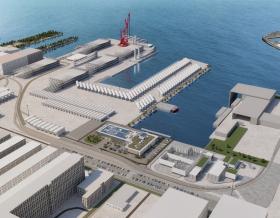

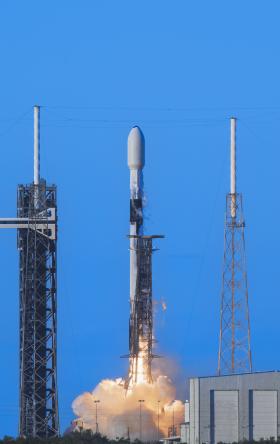

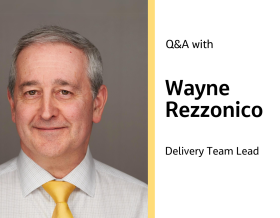


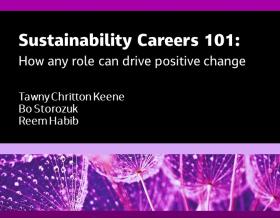
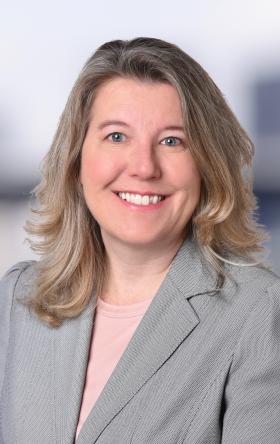
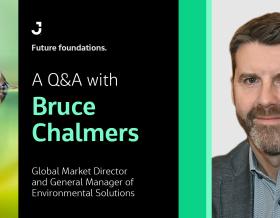

2c4e.jpg?h=c7c14dee&itok=FmPI2126)
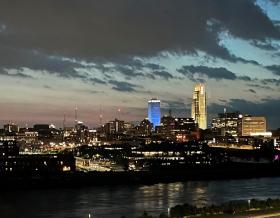

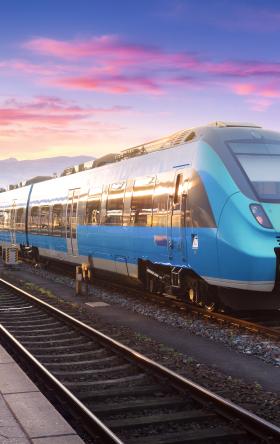
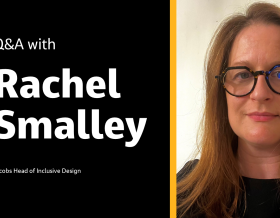
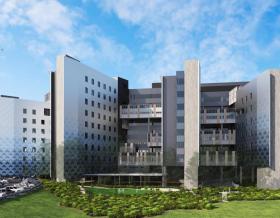
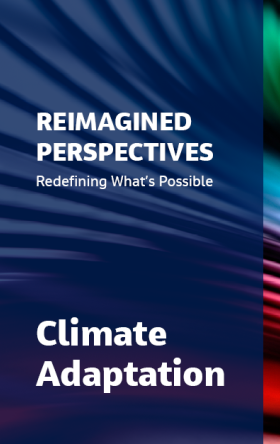
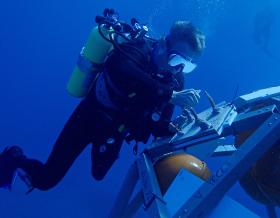
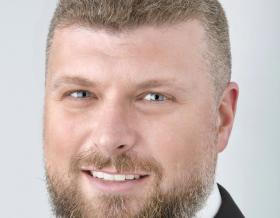
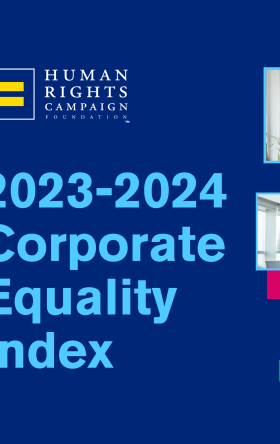
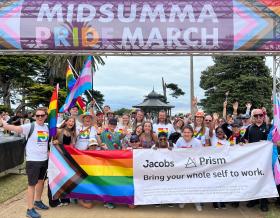
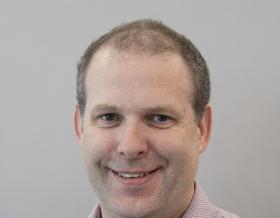





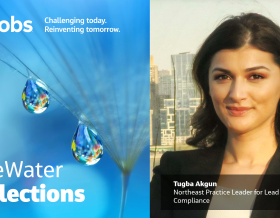

_0ac2b.jpg?h=8a6d63f3&itok=5vsqFiQH)

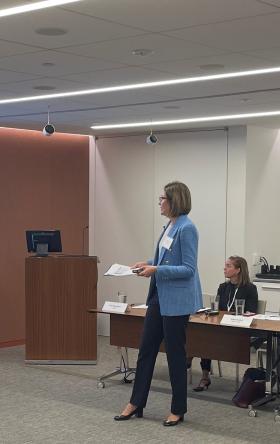

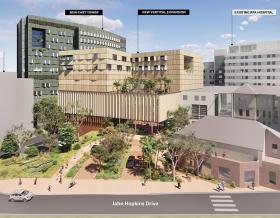

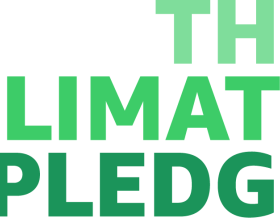
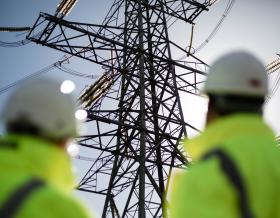
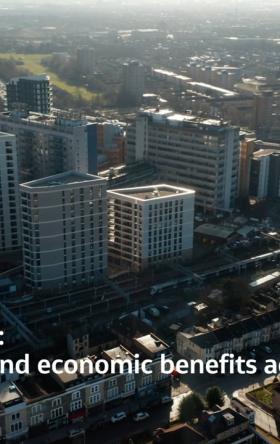
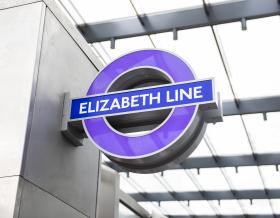
2747.png?h=1314d3d4&itok=rFs9mG95)
